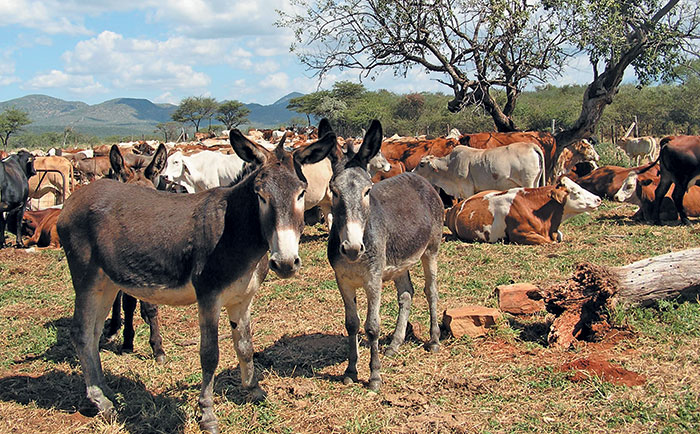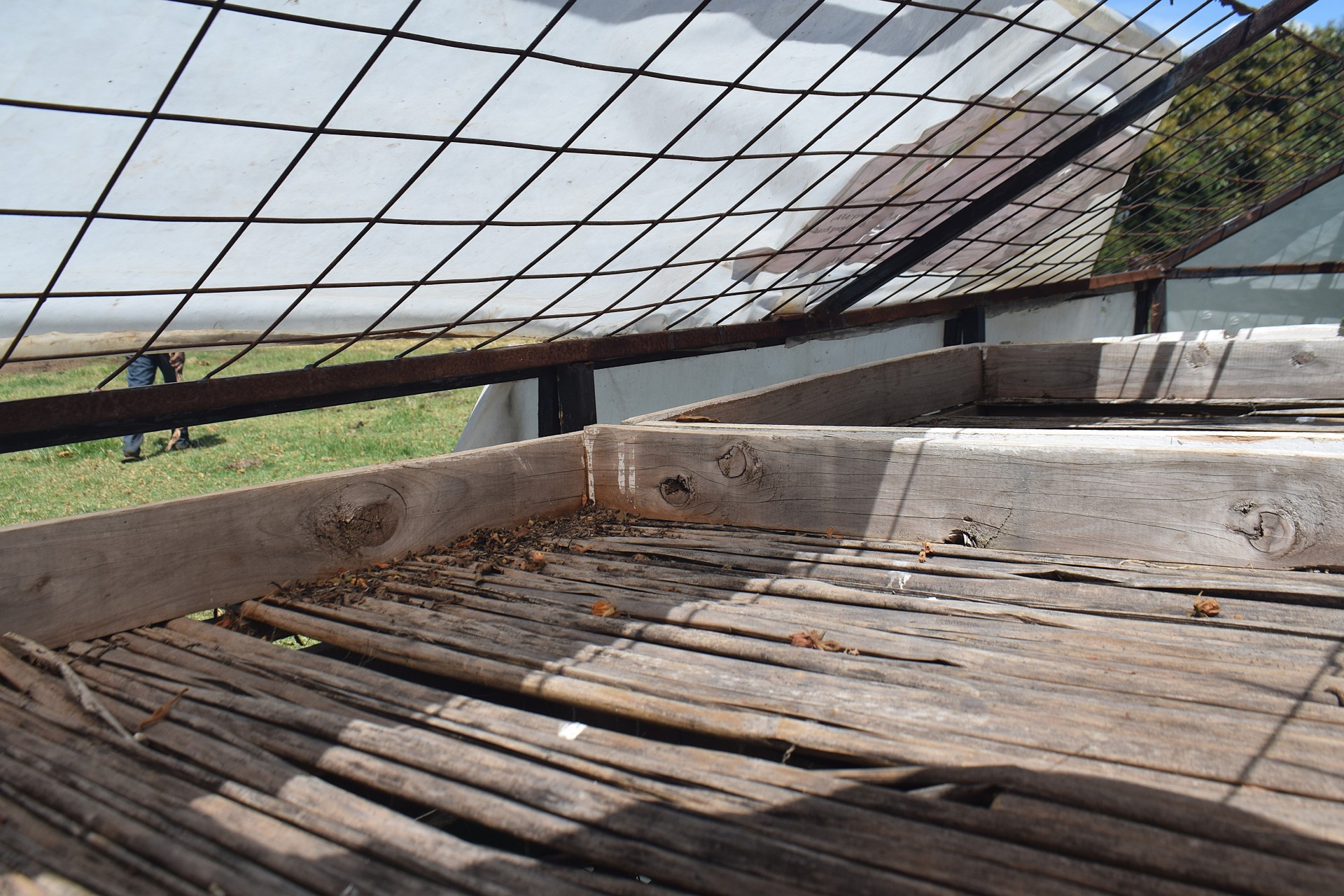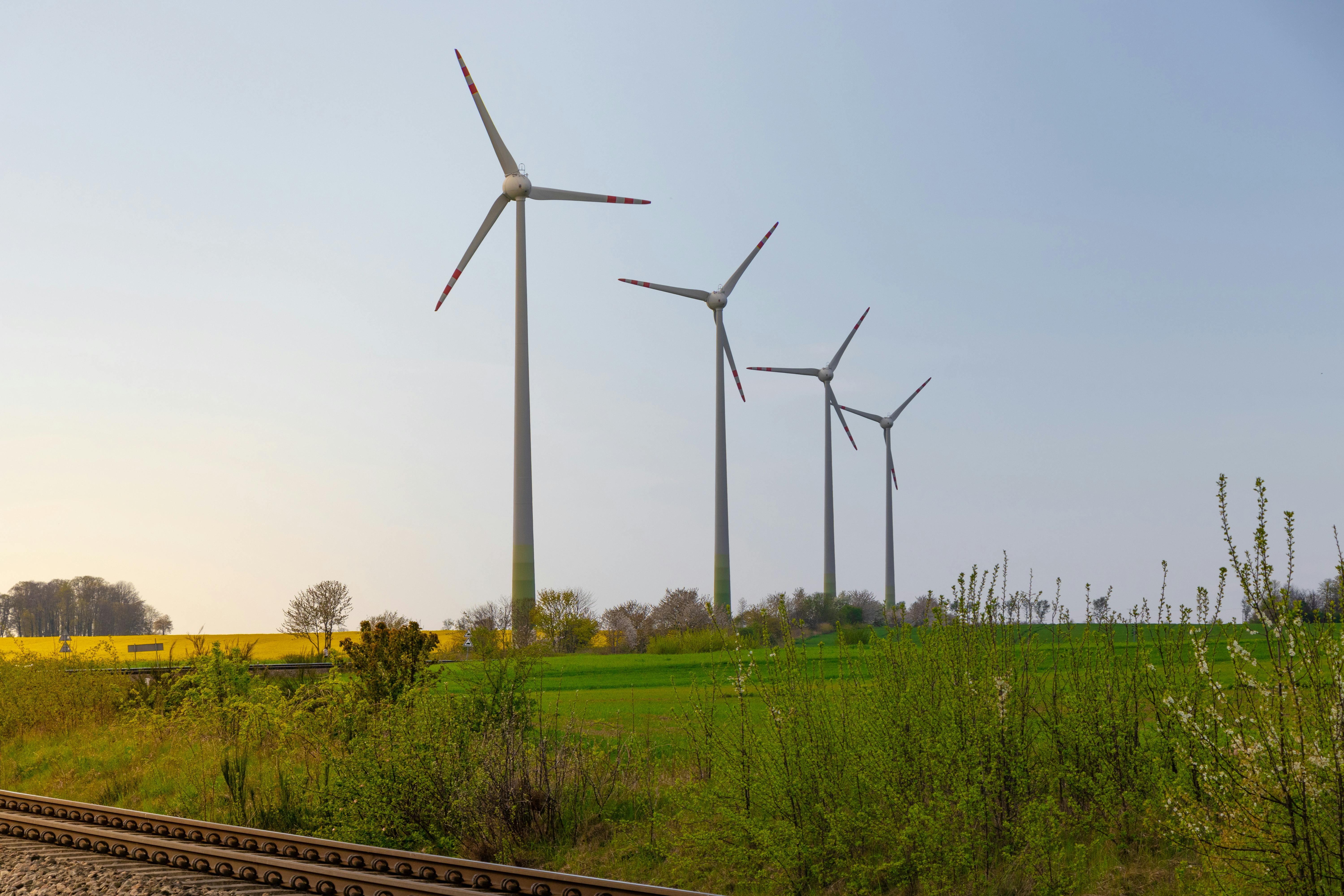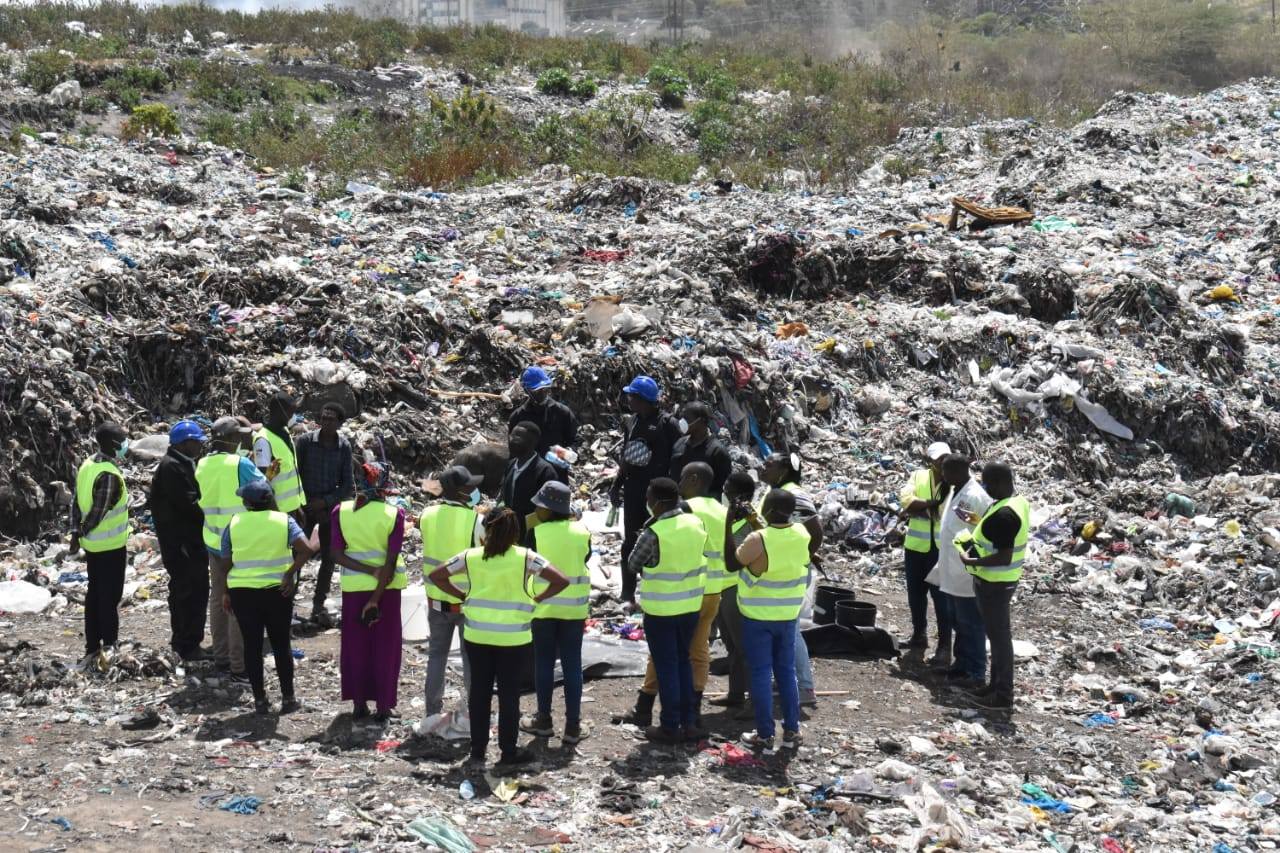- As climate change continues to impact Kenya’s agricultural sector, a vital support system is emerging, working animals. This World Farm Animals Day, we put focus on donkeys, oxen, and goats, which are overlooked for their resilience and whose daily efforts help communities fight climate pressures.
As climate change continues to impact Kenya’s agricultural sector, a vital support system is emerging, working animals.
Donkeys, oxen, and goats, which are overlooked for their resilience and whose daily efforts help communities fight climate pressures.
In Uasin Gishu, Nakuru, and Narok counties, farmers face prolonged droughts, erratic rainfall and rising input costs. Mechanized solutions remain out of reach for many, but working animals are stepping up.
Donkeys haul water and firewood across dry terrain, reducing fuel use and human fatigue, Oxen plough fields thus keeping carbon emissions low and Goats thrive in arid zones, offering milk and meat where other livestock falter.
Working animals are truly low-carbon allies. They sustain communities and soften the blow of climate stress.
Climate change does not spare animals. Rising temperatures lead to dehydration, feed scarcity, and disease outbreaks. Yet these animals, central to rural survival often receive little veterinary care, poor shelter, and minimal policy recognition.
In Nakuru, Farming Systems Kenya (FSK) is championing animal welfare and sustainable agriculture. With over 35 years of experience, FSK has reached 76,000 donkey owners and supported 136,000 donkeys across four counties, trained 80 local service providers on donkey welfare and promoted Value Extension Services (VES), a model integrating production, processing, and marketing for climate-smart farming.
FSK’s message this year: “Animals are not just part of the farm; they’re part of the solution.”
Kenya’s State Department of Agriculture, under Dr. Kipronoh Ronoh, is pushing reforms through the Bottom-Up Economic Transformation Agenda (BETA). Recent highlights include the Digital Fertilizer Subsidy Program that has cut costs by a significant 67%.
Over 6.8 million farmers have been registered under the Kenya Integrated Agricultural Management Information System (KIAMIS) and thus is a strong focus on climate-smart agriculture and livestock productivity.
However, the specific needs and welfare of working donkeys, oxen, and goats remain underrepresented in these national climate and economic strategies.
Animal welfare advocates are calling for action globally. This includes, World Animal Protection (WAP) that recently released "Behind Bars", a report exposing cruelty in Kenya's commercial wildlife farming sector, WAP Africa Director Tennyson Williams urging stronger enforcement of laws and ethical treatment for all farmed animals. The Coalition of African Animal Welfare Organisations promotes dignity and sentience for all animals.
The role of policymakers is to integrate animal welfare into climate action plans for communities and farmers by ensuring they receive training on humane handling and climate-adaptive care for their animals, celebrating and recognizing the animals' contribution through storytelling, school outreach, and civic action.
This World Farm Animals Day, let us remember the animals who bear our burdens. They cultivate, haul, and survive and humans should safeguard them and provide them with the humane, dignified, and supportive care they deserve as are our allies in the fight against climate change.


-1769677767.jpg)




-1768983522.png)